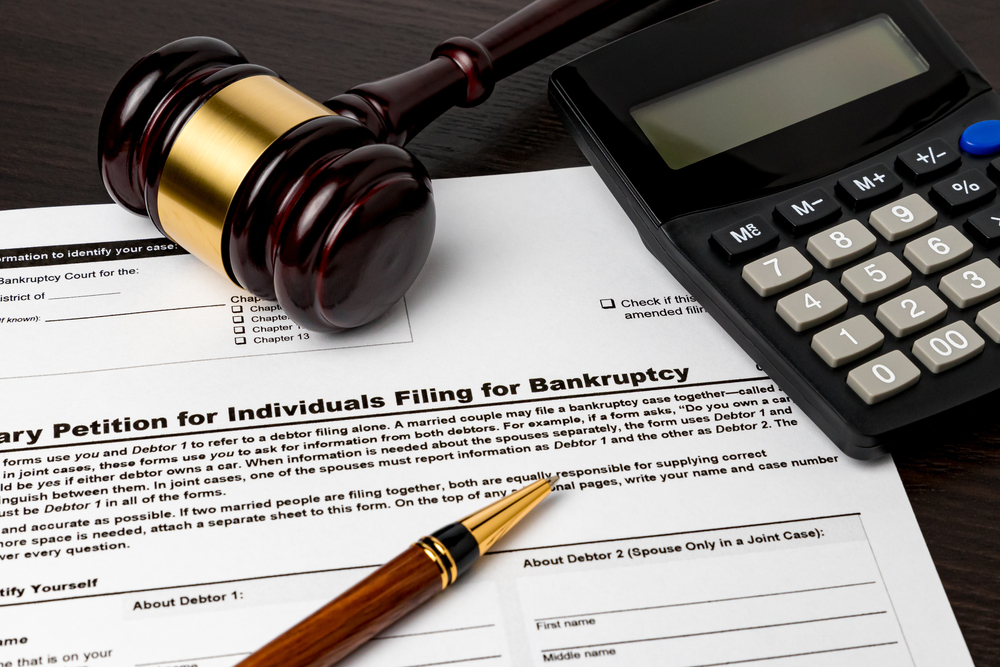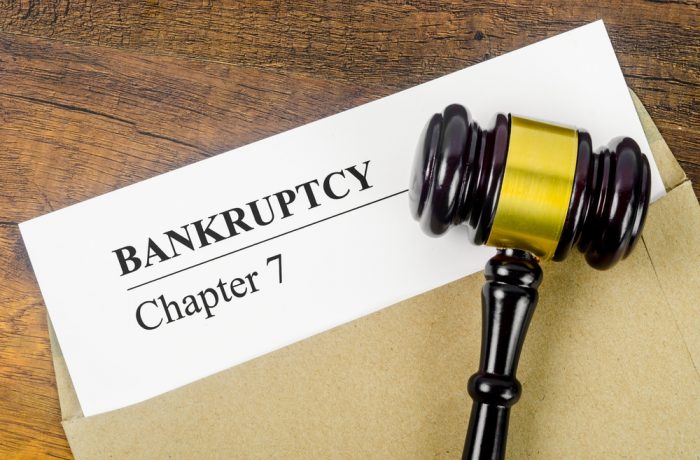By Brian Figeroux, Esq.
In today’s economic climate, financial instability is a growing concern for many individuals. Rising costs of living, inflation, job loss, and personal hardships such as divorce and broken relationships can lead to overwhelming debt. When financial obligations become unmanageable, bankruptcy may be the best solution for a fresh start. However, choosing between Chapter 7 and Chapter 13 bankruptcy depends on several factors, including income, assets, and financial goals.
This article explores how various life events impact the decision to file for Chapter 7 or Chapter 13 bankruptcy, the effects on credit, and steps to rebuild your financial health post-bankruptcy.
Understanding Chapter 7 vs. Chapter 13 Bankruptcy
Before diving into the external factors influencing bankruptcy choices, let’s define the two most common types of consumer bankruptcy:
- Chapter 7 Bankruptcy (Liquidation Bankruptcy): This type of bankruptcy is best suited for individuals who have little to no disposable income. It allows for the discharge of most unsecured debts, such as credit card balances and medical bills, without requiring repayment. However, non-exempt assets may be liquidated to pay creditors.
- Chapter 13 Bankruptcy (Reorganization Bankruptcy): This option is ideal for individuals with a steady income who can afford to repay some of their debts over time. Under a court-approved repayment plan, the debtor makes monthly payments to creditors for 3 to 5 years. Unlike Chapter 7, Chapter 13 allows debtors to retain their assets, such as a home or car.
Now, let’s examine how life events impact the choice between these two bankruptcy options.
- The Rising Cost of Living and Inflation
Inflation erodes purchasing power, making everyday essentials—such as housing, food, healthcare, and transportation—more expensive. As costs rise, individuals who were once financially stable may find themselves struggling to meet basic needs.
How Inflation Affects Bankruptcy Decisions
- Chapter 7: Those with stagnant or declining incomes may find Chapter 7 bankruptcy more beneficial since it wipes out most unsecured debts and allows them to focus on necessities.
- Chapter 13: Individuals with stable earnings but struggling with increased living expenses may prefer Chapter 13, as it provides a structured repayment plan without immediate liquidation of assets.
Key Consideration:
If your expenses exceed your income and debt relief is necessary, Chapter 7 may provide a quicker path to financial recovery.
- Job Loss and Unemployment
Losing a job is one of the most common reasons people consider bankruptcy. Without a steady income, managing credit card debt, mortgage payments, and other obligations can become impossible.
How Job Loss Impacts Bankruptcy Filing
- Chapter 7: If job loss results in little to no income, Chapter 7 is often the best choice. It eliminates debt without requiring a repayment plan.
- Chapter 13: If the individual receives unemployment benefits or finds new employment quickly, Chapter 13 could be an option, as long as they can afford the repayment plan.
Key Consideration:
If unemployment is prolonged, Chapter 7 may be the only viable option to eliminate debt quickly.
- Divorce and Broken Relationships
Divorce or separation often leads to financial hardship. Legal fees, alimony, child support, and the division of assets can create overwhelming financial burdens.
How Divorce Affects Bankruptcy Decisions
- Chapter 7: Divorcees with significant unsecured debt (e.g., credit cards, medical bills) may choose Chapter 7 to clear their obligations and start anew.
- Chapter 13: Those responsible for joint debts (e.g., mortgage, car loans) may prefer Chapter 13 to manage repayments without defaulting.
Key Consideration:
If one spouse files for bankruptcy, it could impact the financial obligations of the other spouse. Joint debt should be handled carefully when deciding between Chapter 7 and Chapter 13.
- Impact of Bankruptcy on Credit Score
Filing for bankruptcy has a significant impact on credit scores. However, the extent of the damage depends on your credit standing before filing.
How Bankruptcy Affects Your Credit
- Chapter 7 stays on your credit report for 10 years.
- Chapter 13 remains for 7 years but shows a repayment effort.
- Credit scores can drop by 100-200 points after filing.
- Lenders may be hesitant to approve loans immediately after bankruptcy.
Key Consideration:
While bankruptcy damages credit, it eliminates debt, providing a fresh start. Rebuilding credit is possible with the right strategies.
- How to Improve Your Credit Score After Bankruptcy
While bankruptcy affects credit scores, rebuilding financial health is achievable with discipline and smart financial management.
Steps to Rebuild Credit Post-Bankruptcy
- Monitor Your Credit Report: Ensure that discharged debts are correctly reported.
- Obtain a Secured Credit Card: A secured card requires a deposit and helps establish positive credit history.
- Make On-Time Payments: Pay all bills—including utilities, rent, and insurance—on time.
- Keep Credit Utilization Low: Avoid maxing out new credit cards.
- Consider a Credit-Builder Loan: These loans help improve credit scores by reporting payments to credit bureaus.
- Limit New Credit Applications: Applying for multiple lines of credit can lower your score.
- Build an Emergency Fund: Having savings reduces reliance on credit during financial setbacks.
Key Consideration:
Credit recovery takes time, but consistent responsible behavior can significantly improve your score within 1-2 years post-bankruptcy.
Conclusion
Filing for bankruptcy is a major financial decision influenced by life circumstances such as the rising cost of living, job loss, divorce, and personal hardships. Chapter 7 bankruptcy provides a quicker discharge of debt for those with little to no income, while Chapter 13 bankruptcy offers a structured repayment plan for those with stable earnings.
Although bankruptcy impacts credit scores, it is not the end of financial stability. By taking proactive steps—such as managing expenses, making timely payments, and using credit wisely—individuals can rebuild their financial future.
If you are struggling with overwhelming debt, consulting the Bankruptcy Law Firm of Figeroux & Associates can help determine the best course of action for your specific situation. To schedule a consultation, call 855-768-8845 or visit www.askthelawyer.us
Bankruptcy is not the end, it’s a new beginning!





